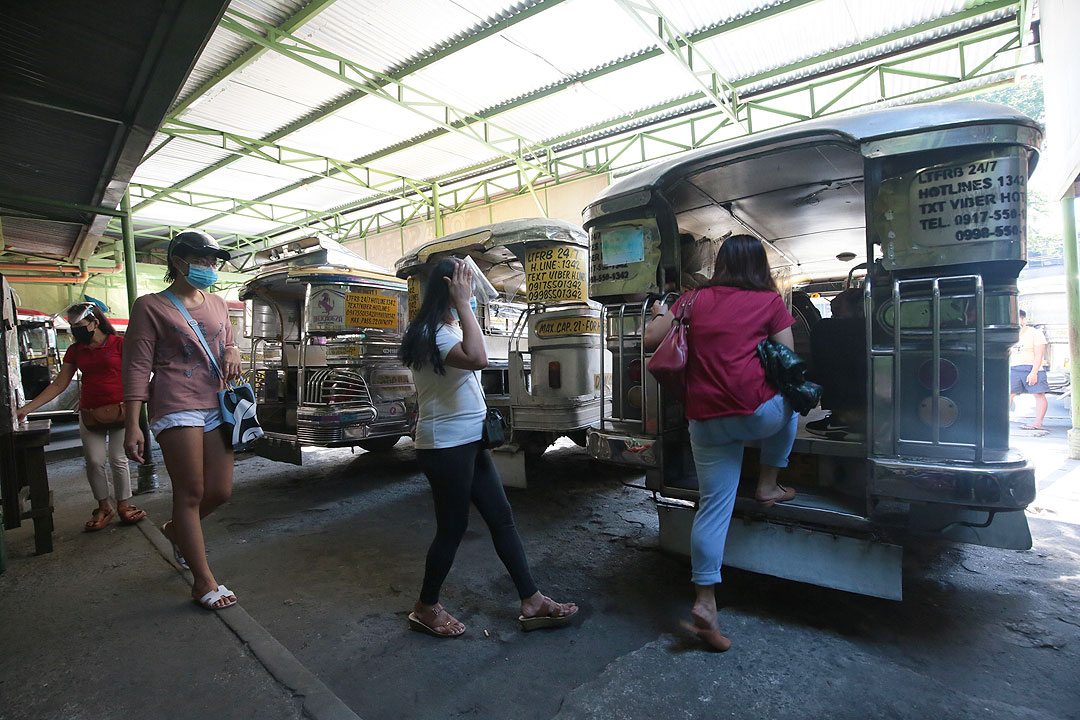Looming wage hikes, fare increases signal overshooting inflation

PRESSURE on the government to raise the minimum wage and grant higher fares to the transport industry will cause inflation to overshoot government targets, ING Bank-NV Manila Senior Economist Nicholas Antonio T. Mapa said in a note.
The looming increase in wages and fares, which are known as second-round effects after the prices of basic commodities like fuel and food rise, strengthens the case for inflation breaching the government’s 2-4% target band for a second straight year, Mr. Mapa said.
“Second-round effects beget additional price pressures such as wage and fare hikes, (which will) put more money in the hands of the consumer, which will fan even more price increases as Filipinos push up the prices of already-scarce items,” he added.
As oil prices continue to surge in response to the Russia-Ukraine war, petitions to increase the minimum fare are currently under review. A labor group has also urged the government to increase daily wage in Metro Manila by as much as P470.
Mr. Mapa said such pressures are signs that higher prices may not be transitory.
“Although private transport costs (account for) roughly 3% of the consumer price index basket, the sustained trudge higher of energy products is likely to ripple through to the rest of the consumer basket and more importantly on the Filipino consumer’s psyche,” he said.
Inflation currently remains within target at 3% in February. However, Bangko Sentral ng Pilipinas (BSP) Governor Benjamin E. Diokno has warned that rising oil prices may cause inflation to surpass the target by the second quarter, before slowing in the second half of 2022.
Mr. Diokno has said inflation could hit 4.7% under a scenario where the Dubai crude price, the benchmark for Asia, averages $140 per barrel this year. Dubai crude was $104.38 per barrel on Tuesday, according to Bloomberg. Last month, the central bank raised its inflation forecast to 3.7% from 3.4% previously amid the surge in oil prices.
Mr. Mapa added that the impact of rising wheat prices will also hurt consumers as the Philippines imports 100% of its wheat. He said Russia and Ukraine account for 20% of all wheat exports.
“With energy costs and the price of staples on the uptrend, we are seeing how countries are making a mad dash to secure stable supplies, with surging wheat prices driving a 20% increase in the cost of rough rice on the global markets,” Mr. Mapa said.
As inflation risks become more pronounced, Mr. Mapa warned that the BSP may already be “behind the curve” as it remains dovish despite expected monetary policy tightening by the US Federal Reserve.
“Against the backdrop of a free-falling currency, a hawkish Fed and projections for an inflation target breach, we can at least say that monetary authorities are likely to struggle to contain the most important aspect of inflation targeting: anchoring inflation expectations,” he said.
The Monetary Board kept key policy rates at record lows in February. Mr. Diokno last week said that the authorities will continue to prioritize supporting economic recovery, but remain ready to respond when needed to address inflation risks.
The BSP will have its next policy review on March 24. — Luz Wendy T. Noble



